What Happens to Your Hearing as You Age

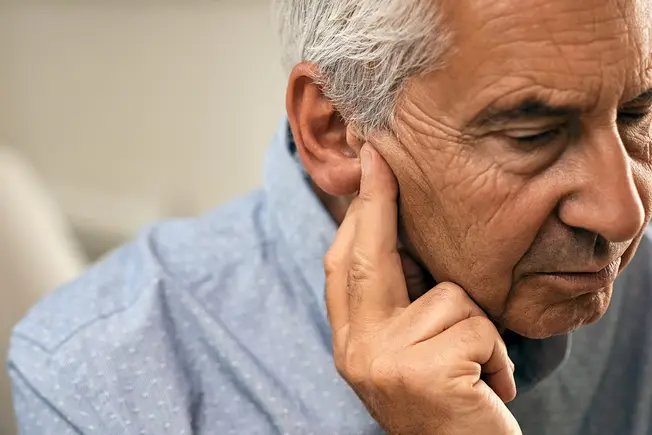
Will It Happen to Me?
The short answer is more than likely yes -- at least to some extent. Most of us will gradually lose some of our hearing as we get older. In the U.S., about a third of people ages 65 to 74 have hearing loss. Almost half of people over age 75 have some trouble hearing. But there are things you can do to help preserve as much of your hearing as possible, as long as possible.
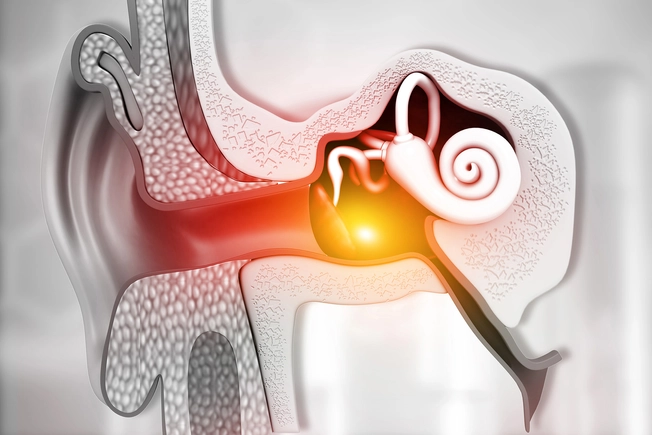
What Causes It?
Most of the time, hearing loss with age happens about the same way in both ears. It’s usually because of changes in the ear itself over time. Most often those changes are in the inner ear, but they can be in other parts. Sometimes changes in the nerves connecting the ear and brain may be involved.
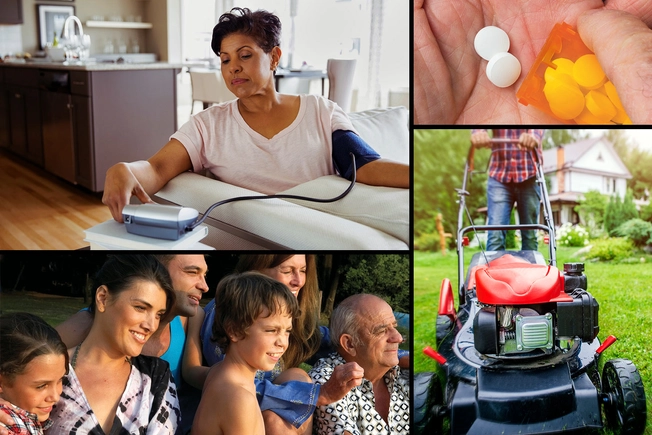
It’s Not Just About Your Age
Several things influence how much hearing you’ll lose as you get older. These include:
- Health conditions you may have, such as diabetes, ear infections that come back, high blood pressure, and diabetes
- Medications you’ve taken, including aspirin, chemotherapy, and some antibiotics
- Your exposure to loud sounds like music, lawn mowers, fireworks, gunfire, loud engines, and planes
- Whether or not hearing loss runs in your family
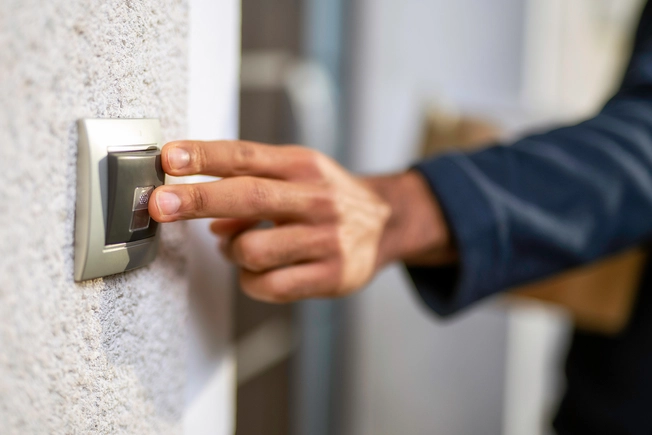
Watch for These Signs
If your hearing is off, you may have:
- Trouble understanding words or following a conversation, especially in noisy places like restaurants
- Difficulty making out consonants, such as “s,” “t,” “k,” “p,” and “f”
- Trouble hearing high-pitched sounds like doorbells or phones
- Ringing in your ears, a condition called tinnitus
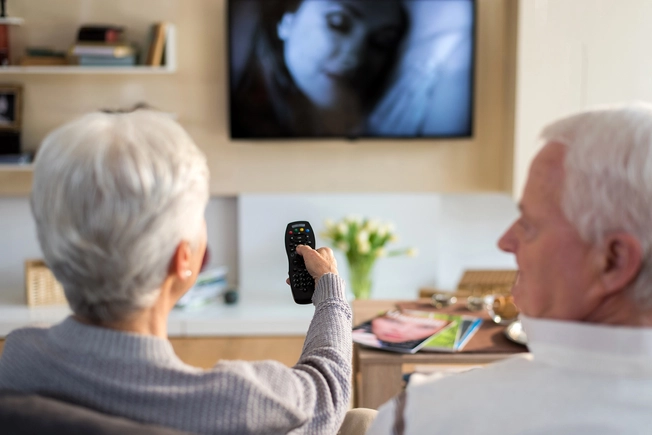
Do I Have a Hearing Problem?
If you think you might have a hearing problem but aren’t sure, consider these questions:
- Are you embarrassed sometimes because you can’t hear?
- Does talking with family or friends frustrate you because you can’t hear them?
- Do you need to turn the TV or radio up louder than other people do to hear it?
- Do you feel that your hearing restricts or limits you in any way?
If you answered “yes” to some of these and are concerned about your hearing, it’s time to get it checked.

Where to Start
If your hearing is becoming a problem for you, it’s a good idea to see a doctor. You might want to start with your primary care doctor, who may recommend that you go to see a specialist.
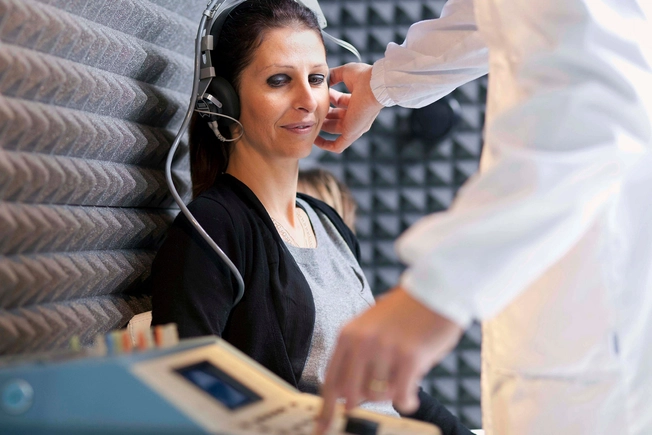
Specialists Who May Help
An ear, nose, and throat (ENT) doctor looks in your ears to see if there’s a reason why you’ve lost some hearing besides your age. An audiologist measures hearing and tells you how much hearing you’ve lost. A hearing aid specialist also can measure your hearing and fit you for a hearing aid if you need one.
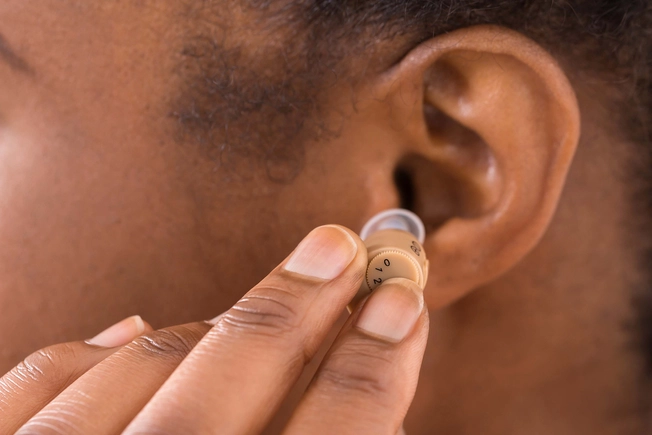
Treatments
If your hearing loss is substantial, your doctor might recommend a hearing aid. Hearing aids are electronic devices you wear in your ear. They make things sound louder. Some are so small, you can barely see them. Try out different hearing aids and make sure you get one that’s comfortable and works well for you.
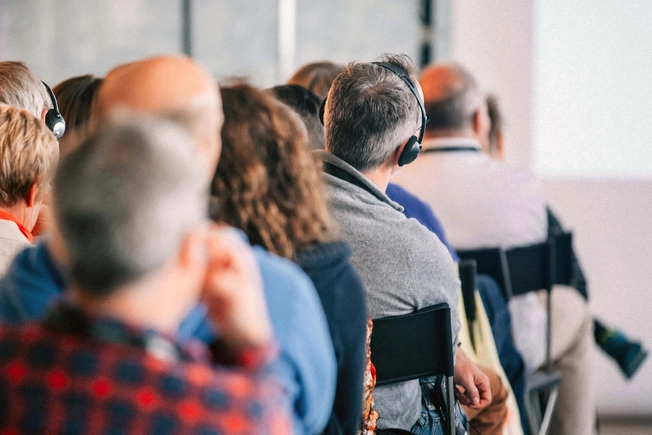
What Else Helps
Assistive listening devices can make things that you need to hear louder. Ask at places like your theater, airport, and house of worship if they have portable receivers you can wear to hear better. When a person is talking, pay close attention to their mouth, lips, and gestures. This may help you to catch more of what they’re saying.

Ask for Help
Don’t hesitate to let friends, family, and others know you have some hearing loss. There are simple ways you and those around you can make hearing easier:
- Ask people to speak up and talk clearly without shouting.
- Ask for them to help make sure you can see their faces when they’re talking.
- Limit background noise at home.
- When you are out, try to pick quieter spots.

Protect Your Hearing
There’s no sure way to stop or slow hearing loss with age. But you can take steps to make sure you aren’t making matters worse. Do your best to avoid loud noises at work and in your free time. When you can’t avoid loud noises, wear earplugs or earmuffs to protect your ears and your hearing.

Stay Connected
Hearing loss is about more than your hearing. If you can’t hear well, it makes it harder to enjoy activities like going to a movie, lecture, concert, worship service, or other things in your community. And that can mean you miss out on spending time with the people you care about. To avoid feelings of isolation and depression, make sure hearing well is a top priority.
